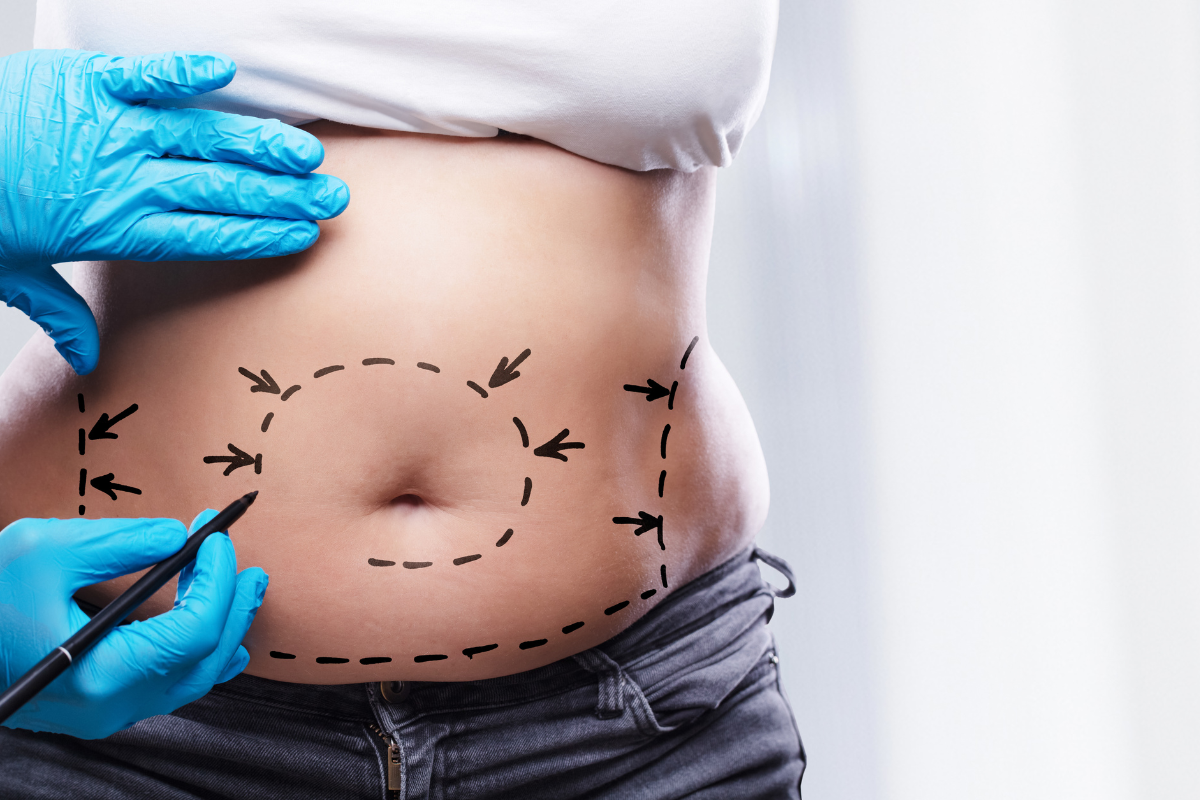- Anesthesiology
- Cardiology
- Dermatology
- Dialysis
- Endocrinology
- ENT
- Gastroenterology
- General medicine
- General surgery
- Gynaecology
- Infertility
- Intensive care
- Laparoscopic surgery
- Nephrology
- Neurology
- Obstetrics
- Oncology
- Orthopedics
- Pediatric
- Physiotherapy
- Plastic surgery
- Psychiatry
- Pulmonology
- Radiology
- Urology

Congenital abnormalities, aesthetic deformities, and surgical correction of deformities resulting from trauma, accidents, and other causes are all included in the large field of plastic and reconstructive surgery. The surgical intervention typically entails restoring, reconstructing, or changing a body part to provide the patient the desired appearance, functionally improve a body part, or both.
A wide range of reconstructive and cosmetic surgery services, including breast surgery, aesthetic plastic surgery, craniofacial surgery, reconstructive surgery, reconstructive microsurgery, facial reconstructive surgery, paediatric plastic surgery, laser surgery, and hand surgery, are provided by the Department of Plastic and Reconstructive Surgery at Altor Hospitals.
Why choose Altor Hospitals for Plastic surgery?
At Altor Hospitals in Plastic surgery department offers cutting-edge facilities, the newest technologies, and skilled physicians, whether it's cosmetic surgery to enhance looks or reconstructive surgery to rectify faults. Our surgeons handle a variety of medical issues, including post-burn deformities, congenital deformities, damage to body parts, nerve injuries, trauma (from car accidents, burns, etc.), tumours & growth irregularities (after radiation therapy), disorders connected to appearance, etc.
Our Treatments in Plastic surgery
- Skin grafting
- Microsurgery
- Intense pulsed light
- Autografts
- Liposuction
- Rhinoplasty
- Breast surgery
- Face lift surgery
- Abdominoplasty
- Lip surgery
- Chin augmentation
- Burn management
- Aesthetic surgery
- Eyelid surgery
- Chronic wound management
- Hand surgery
- Breast reduction
FAQs
Are cosmetic procedures safe?
If plastic surgery is carried out by a qualified and respected surgeon, it is relatively safe.
The finest techniques to guarantee the patient's safety are Altor Hospital's excellent facilities and a skilled, experienced plastic surgeon.
What illnesses and issues are addressed with reconstructive surgery?
Reconstructive plastic surgery is used to treat physical deformities of the face and body brought on by birth defects, trauma, illness, or ageing.
When a person has cosmetic surgery, what kind of anaesthetic do they receive?
The type of anaesthesia utilised will depend on the specific cosmetic procedure you're having done, but you and your surgeon can discuss your preferences. A local anaesthetic, which stops nerve impulses at the site of the surgery, in combination with a sedative to calm you, is typically used for minimally invasive procedures. Having general anaesthesia, when you're put to sleep and completely unaware of what's happening, is a must for major surgeries.
What kinds of activities ought to I avoid following surgery? Also, how long?
You should refrain from working out and lifting heavy for at least every six weeks after your operation. For those six weeks, you must also wear a compression garment. As when you feel safe doing so, you can get back to your regular routine.
How long does the procedure typically take?
While each case is unique, most surgeries take anywhere from one to six hours.
